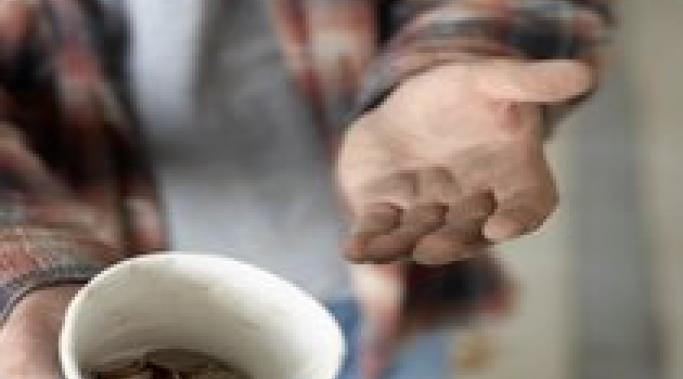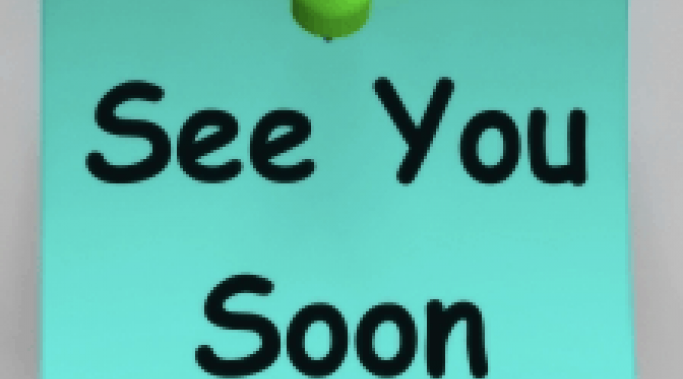Blogs
As many walk by the people that inhabit the streets as a home, many of us consider that because someone is homeless that they must have a mental illness. I teach in the classrooms that this is not the case, but, ironically, it is the situation a lot of the time. As we are approached by people begging for change, wearing no pants, or screaming relentlessly in the streets, we are often correct in assuming that these individuals have significant mental health challenges.
A few weeks ago I wrote about how to stop PTSD anxiety, flashbacks and panic from the perspective of putting mindfulness and intention into action. My colleague, Megan Ross (Trauma Therapy Coordinator at Timberline Knolls) and I had a whole conversation about this and I wanted to share her insights with you.
But there was a cliffhanger: Once you understand PTSD symptoms and how mindfulness can help change your physiological experience, the question arises, "What do I do now?" Specifically, what can you do to interrupt or stop flashbacks?
Megan Ross and I talked about this too. See what you think about the tips that we covered.
Mental illness is a complicated medical diagnosis in the “best” of circumstances. All people have a variety of emotions, thoughts, and habits that make up their personalities. Determining that something rises to the level of disorder and needs medical intervention isn't always straightforward. For me, the effects of co-occurring bipolar and anxiety disorders make understanding what was happening to me difficult.
As far back as I can remember, I have always been paranoid, anxious, depressed, and manic. In fairness, I didn't realize I was manic; I just thought I was extremely happy. But I ended up in the psychiatric ward because I was suicidal, which is a byproduct of the extreme depression. It was during that visit that I was diagnosed with mental illness for the first time.
Sadly, one of my previous posts can be recycled. I wrote about whether or not people with severe mental illnesses should have firearm rights after the events in Aurora, Colorado (Should People with a Mental Illness Have Firearm Rights). Now there's been another killing spree in which mental illness may have been a factor. I would not be surprised if Elliot Rodger had a diagnosis of borderline personality disorder (BPD)--his difficulty in relationships and inappropriate anger are two symptoms of the disorder. It raises the question, "Is locking up people with borderline the answer?"
I’ve been having a very hard time making myself take a shower. There is nothing like knowing that your hair needs to be washed, trying to make that happen all day, and then realizing, at bedtime, that you’ve failed, again. Now, as I’ve remarked earlier, we don’t want to shower when we’re sick and this is just a part of the grand disease known as depression. I get that. But somehow, that doesn’t make me feel like any less of a failure.
I recently found myself on the road for work, traveling and connecting with a lot of people and, therefore, creating wonderful memories with them. When I had a quiet moment to myself, while waiting at the airport, I came across an article written by a celebrity. The article was her first-hand account of a long battle with her eating disorder. Of course, I felt compelled to read it once I got through the first few lines and realized what it was about.
Turns out, meditation is amazing and can help with your symptoms of adult attention-deficit/hyperactivity disorder (ADHD). Earlier this month, the New York Times' blog, Well, posted on the benefits of meditation for those of us with adult ADHD and whether it could work better than medication. Much of the research cited seemed to show that meditation can be a great addition to medication - and, even better, it can work just as well as medication. How the heck do those of us who can't pay attention well learn to pay attention long enough to meditate?
I can't believe it's been a year since I started writing the Coping with Depression blog for HealthyPlace.com. I've written over fifty blogs and recorded a dozen videos for the HealthyPlace YouTube channel. It's been a journey, and I thank you for riding along with me, but it's time to say so long.
In the garden of friendship is where we cultivate love. Choose your friends wisely and the love that grows will be a blessing. ~Unknown
Choosing Friends: Friends Affect Your Life
What affect have your friends had on your life? Does your attitude improve when you are with them? Do they reinforce your goals? Are you inspired by the lives they lead?
It’s just as hard for those who have stopped self-harming to move past daily, difficult urges to hurt themselves. Triggers are everywhere. When some may see a pen cap as, well, a pen cap, you may see it as a way to release some stress. For those who use paper clips to hold together papers together, you may see the sharp edge as the escape you need.
These triggers still hit home for those who haven’t self-harmed in years. Even when you have found other ways to overcome negative thoughts, flashbacks of self-harm may still flicker in your mind. Memories are built into the music you listen to, the smells surrounding you and the people you keep by your side. Sometimes, these memories bring you back to an unsafe time.










I believe she will only be able to rid herself of her demons, and hopefully her BPD as well, when she's ready to confront the abuse of her father. If she can put the blame where it belongs, she may stop projecting that victim/perpetrator cycle on the present men in her life. These demons are a metaphor for the purgatory she has created for herself. That reality has consequences in the real world, but it need not be real in the tangible sense. Exorcising her demons will require the expenditure of real physical energy and probably the destruction of aspects of her personality. If this ever happens, and it's possible but not probable, then these demons will evaporate. They are only as real as one's personality is real. In short, reality is not the question, it's what you make of the things you feel to be real.